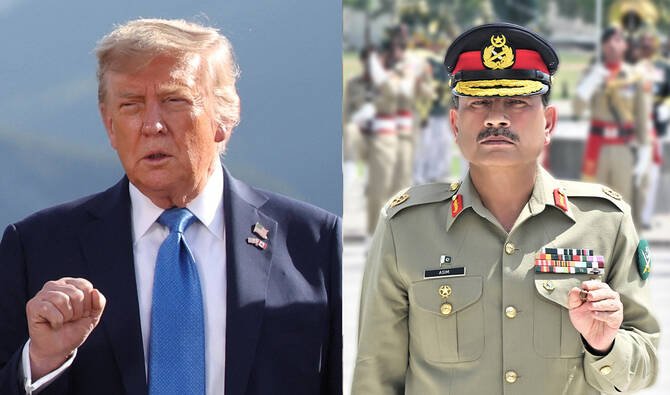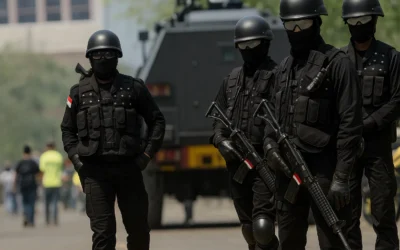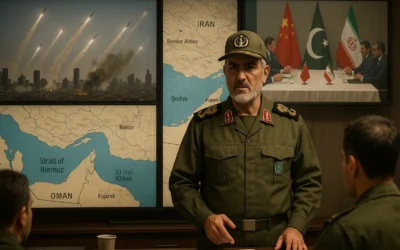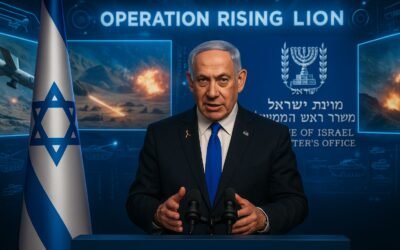Pakistan army chief meets Trump
Pakistan army chief meets Trump in a landmark engagement that marks the first White House meeting with a Pakistani military leader since 2001. President Trump hosted Field Marshal Asim Munir for an exclusive Cabinet Room luncheon, underscoring a potential pivot in U.S.–Pakistan engagement against a backdrop of regional volatility.
A strategic rapprochement with sweeping implications
The two-hour meeting, attended without senior Pakistani civilian officials, signals elevated importance. Trump praised Munir for his role in defusing the recent India–Pakistan standoff, calling him “extremely influential” in avoiding nuclear escalation. Discussions reportedly extended to America’s intensified interest in Pakistan’s eastern military posture and airspace for potential operations involving Iran.
This is not simply symbolic: U.S. officials confirmed a South Asian trade agenda was raised, including rare minerals and crypto cooperation. Both sides appear keen to broaden the relationship beyond traditional security confines.
Focus on regional stability and counterterrorism
Munir shared Pakistan’s concerns about unrest in Iran and the strategic repercussions of Israeli airstrikes. He warned that militant groups along Pakistan–Iran border could exploit instability—particularly separatists and jihadists—if Iranian authority falters. Trump articulated that Pakistan “knows Iran better than most,” and their counsel may be critical in any future U.S. steps.
In parallel, counterterrorism cooperation emerged as a clear priority. Pakistan continues operations against ISIS-K, with senior U.S. commanders recognizing Islamabad as a “phenomenal partner.” Munir reportedly relayed significant developments including the detention of high-value militant suspects, indicating deeper tactical intelligence coordination.
India watches nervously
The revelations have rattled New Delhi. Trump stressed that Indian and Pakistani leaders showed “self-restraint” in avoiding conflict. However, India firmly asserted that no third-party mediation occurred from Washington. The optics of a U.S. president lauding Pakistan’s army chief have stirred diplomatic unease, and even political backlash in India over alleged militant links traced to Pakistani actors.
A recalibrated relationship
For the U.S., reengaging with Pakistan’s military reflects a broader recalibration. Analysts note it is driven by immediate strategic calculations—stemming from regional escalation around Iran—as well as the promise of access to Pakistan’s airspace, trade markets, and critical minerals. Within Pakistan, Munir’s visit bolsters his standing, elevated further by his promotion to Field Marshal, recognizing leadership seen in the 2025 de-escalation with India.





